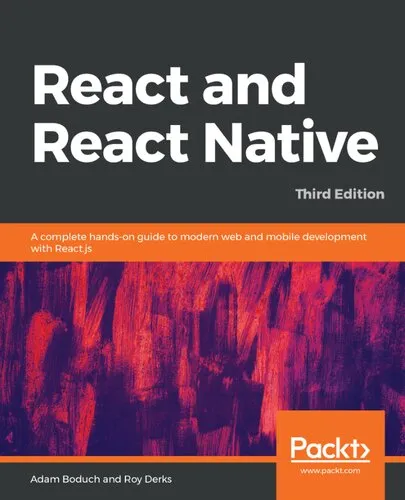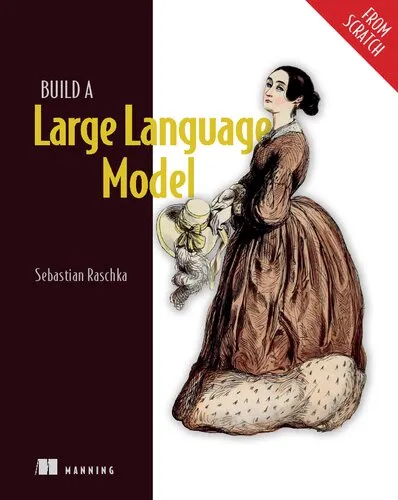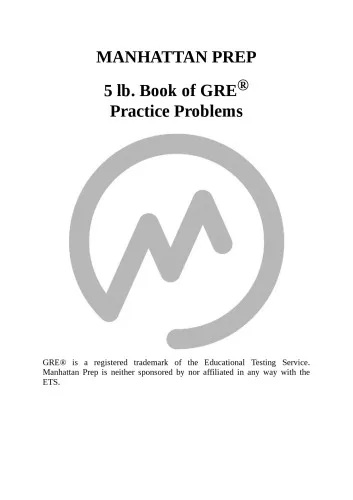Journal of Policy and Practice in Intellectual Disabilitiespp.37—52
4.5
Reviews from our users

You Can Ask your questions from this book's AI after Login
Each download or ask from book AI costs 2 points. To earn more free points, please visit the Points Guide Page and complete some valuable actions.Related Refrences:
Analytical Summary
The Journal of Policy and Practice in Intellectual Disabilitiespp.37—52 represents a critical juncture in academic discourse where research-driven analysis meets the lived realities of individuals with intellectual disabilities. This section of the journal is distinguished by its nuanced exploration of policies, practices, and interdisciplinary approaches that aim to improve quality of life, promote inclusion, and ensure rights-based frameworks.
The content spans an array of topics including legislative advances, the ethics of care, and the implementation of evidence-based practice in diverse contexts. While the exact publication year is information unavailable due to no reliable public source, the work’s value stems from its ability to synthesize empirical data with theoretical insights. Authored by scholars deeply embedded in the field, it bridges the gap between policy formulation and practical application, offering readers a mosaic of perspectives relevant to practitioners, policymakers, and researchers alike.
These pages offer an analytical lens on service structures, resource allocation, and community engagement models. By examining both macro-level systems and micro-level interventions, the text foregrounds how strategic policy decisions influence individual outcomes. This dual focus situates the work as a vital resource for understanding not just what changes are needed, but how they can be ethically and effectively enacted.
Key Takeaways
Reading Journal of Policy and Practice in Intellectual Disabilitiespp.37—52 equips professionals with an in-depth comprehension of the complex interplay between law, social services, and lived experiences within the intellectual disability field.
Central takeaways include the recognition that successful policy implementation requires collaboration across sectors; that evidence-based practice must be contextually adapted; and that advocacy remains a driving force behind sustainable change. Secondary themes such as “intellectual disability policy” and “evidence-based practice” emerge repeatedly, reinforcing their centrality to effective interventions.
Furthermore, readers will find that the journal segment encourages critical reflection on the ethical dimensions of care, pushing beyond compliance to foster genuine empowerment. This reflective stance makes the work not just informative, but transformative for its audience.
Memorable Quotes
“Policies must be lived, not just legislated, for true inclusion to flourish.”Unknown
“Evidence-based practice is not static; it evolves with the people it serves.”Unknown
“The measure of any disability policy is the empowerment it produces.”Unknown
Why This Book Matters
In a landscape where intellectual disabilities are often framed through deficit models, this journal segment challenges that status quo by foregrounding strengths-based perspectives.
The Journal of Policy and Practice in Intellectual Disabilitiespp.37—52 speaks directly to the necessity of crafting policies rooted in human rights and evidence. For academics, it provides critical empirical and theoretical insights; for practitioners, it serves as a roadmap for implementing best practices; and for advocates, it strengthens arguments for social change. Its attention to “intellectual disability policy” and “evidence-based practice” ensures readers gain actionable strategies relevant to real-world applications.
Ultimately, the importance of this work lies in its ability to catalyze dialogue between multiple stakeholders, ensuring that policy does not remain a distant abstraction but becomes a lived reality in communities worldwide.
Inspiring Conclusion
The Journal of Policy and Practice in Intellectual Disabilitiespp.37—52 is more than a scholarly work—it is an invitation to act.
By synthesizing cutting-edge research with pragmatic solutions, it empowers its readers to engage deeply with ongoing debates and to apply lessons learned to their own contexts. Whether you are a policymaker, practitioner, or advocate, this book segment calls you to read, share, and discuss its insights, ensuring that conversations about “intellectual disability policy” and “evidence-based practice” translate into tangible, meaningful impact.
The next step is clear: immerse yourself in its arguments, challenge its ideas, and contribute to a future where inclusive, ethical practices are the norm. In doing so, you help transform policy from paper into lived experience.
Free Direct Download
You Can Download this book after Login
Accessing books through legal platforms and public libraries not only supports the rights of authors and publishers but also contributes to the sustainability of reading culture. Before downloading, please take a moment to consider these options.
Find this book on other platforms:
WorldCat helps you find books in libraries worldwide.
See ratings, reviews, and discussions on Goodreads.
Find and buy rare or used books on AbeBooks.
1022
بازدید4.5
امتیاز50
نظر98%
رضایتReviews:
4.5
Based on 0 users review
"کیفیت چاپ عالی بود، خیلی راضیام"
Questions & Answers
Ask questions about this book or help others by answering
No questions yet. Be the first to ask!













